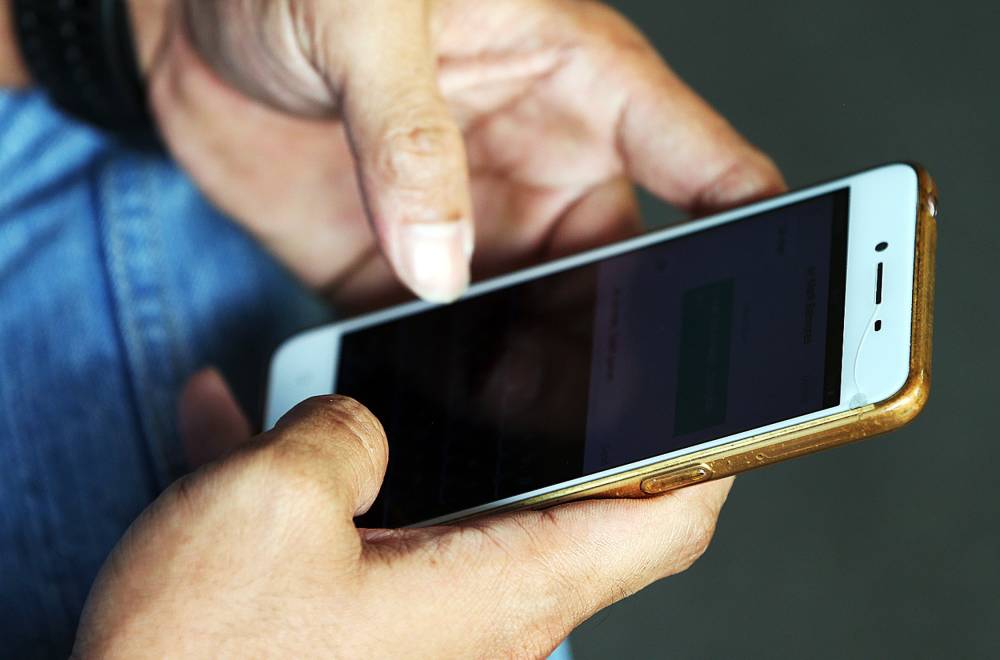Telcos are accountable for text scams under SIM Registration Act–Ejercito

Telecommunication companies should be held accountable for the continued spread of text scams and the use of SIM cards in alleged illegal operations of Philippine Offshore Gaming Operators (Pogos) despite the implementation of the SIM Registration Act, according to Sen. JV Ejercito.
“The telcos should really be made to answer for that. [The proliferation of SIM cards used in text scams] continues to happen despite the passage of the SIM Registration Law. Why do authorities continue to confiscate thousands of SIM cards? Obviously, those were not registered. Telcos should be held liable,” he told radio dzBB.
Ejercito was referring to an illegal Pogo located near the Senate building in Pasay City, which was raided last week by agents of the Presidential Anti-Organized Crime Commission (PAOCC), National Bureau of Investigation, Philippine National Police, Bureau of Immigration, and Department of Justice.
The building is approximately 650 meters from the Senate, which has spent months investigating criminal activities linked to the rise of Pogos during the Duterte administration.
According to PAOCC, the Pogo hub found at the Kimberhi Building on Macapagal Boulevard served as a “scam farm.”
PAOCC Undersecretary Gilbert Cruz said that various computers, mobile phones, and preregistered local and international SIM cards were found during the raid.
The hub, according to Cruz, was involved in a love scam and cryptocurrency racket, among others.
In previous raids on various Pogo hubs in the country, a stash of various SIM cards was found along with hundreds of cellular phones and digital devices.
The PAOCC said that about 185 foreign nationals and 73 Filipinos were arrested “on suspicion of working for a scam farm” inside the Kimberhi Building in Pasay City.
‘Grease money’
Cruz said that the PAOCC, the NBI, and the Department of the Interior and Local Government will conduct further investigation on the raided Pogo hub to determine other violations, including its permit to operate. “This is alarming because these Pogos continue to operate despite the President’s order banning them. This Pogo, I’m sure, used grease money,” said Ejercito.
Ejercito said it wouldn’t be surprising if some individuals would agree to act as accomplices given the amount of money involved in Pogo operations.
“For some it’s very tempting because we’re talking here of a really big amount of money… it’s being used to easily acquire SIM cards for illegal Pogo operations,” the senator said.
“So someone must be held accountable for this. First, the telcos need to have an investigation … Let’s review where did we fall short? The National Telecommunications Commission should also act, maybe they’re also at fault. But the telcos are liable,” he added.
President Marcos imposed a total ban on Pogos during his third State of the Nation Address on July 22, saying their operations in the Philippines have ventured into illicit activities such as financial scamming, money laundering, prostitution, human trafficking, kidnapping, torture, and even murder.
The ban covers the legally operating companies now called internet gaming licensees registered by the state gaming regulator, Philippine Amusement and Gaming Corp.





















